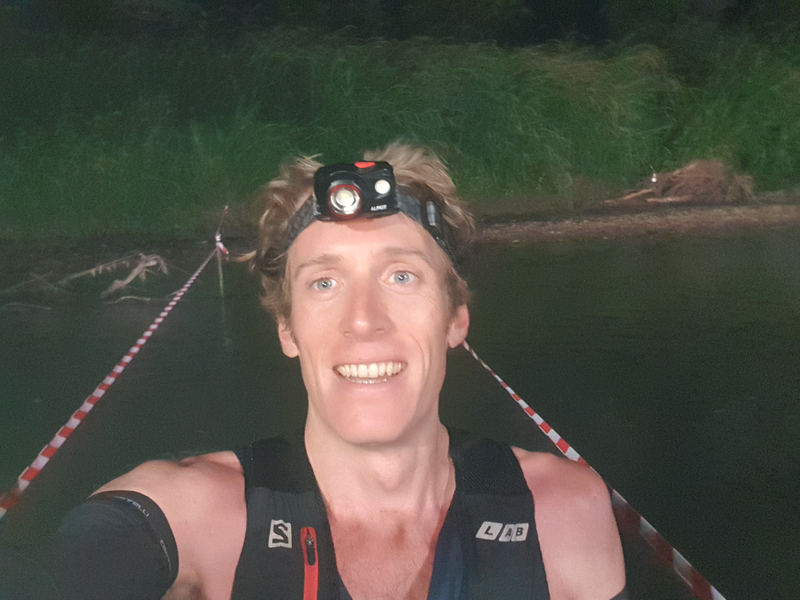"Don't shrink any task because of its arduousness"
21-11-2019
Training is hard. Accepting and embracing this is the only way to reach peak performance.
What is a difficult or arduous task?
Any task which you would like to avoid, and when in process, you suffer low energy or enthusiasm and want to escape it.
In terms of training, it is very subjective. Some people will find long runs intensely difficult, whilst for others mile repeats may cause agony!
If we can accept that this is due to our mental approach to the session, is there a better approach to getting the training done?
An Emotional Scale For Training
I think one of the best approaches is to rate each session on a scale of 1-10 on how emotionally difficult it was.
For me, the 10x800 is something I really struggle with. I'll put that up there on a 9/10. But a long run is easy, like 4/10.
A long run will make me feel physically very alert, but with 10x800 I'll feel physically and emotionally drained afterwards.
Once you've got an emotion scale working you can start to prepare better for those sessions that are demanding.
Preparing Yourself
One way to prepare yourself is through mindfulness practice.
Try taking 2 minutes in silence and shutting your eyes. Visualise you doing the workout. Visualise the flow and form of your running. Visualise the way you will feel in 2 weeks when your body adapts to the training load.
For me I like to listen to a few songs that give me an emotional boost. Things that are very personal and tied up with difficult experiences remind me that the only limits are in my head.
Finding Excuses To Stop
Without an emotional compass evaluate your training, you can find yourself missing out on key sessions.
You might stop a session part way through. It can lead to finding reasons to stop in a race. Little niggling thoughts add up.
"My breakfast wasn't right"
"This feels harder than it should"
"I'm not performing as well as I wanted"
"That guy shouldn't be overtaking me!"
This is when things get difficult. You have a choice. Embrace the difficulty or let it dominate you.
You have to practice embracing the difficulty. This is one of the fundamental reasons for the long run in ultra marathon training. You get your mind used to the issues that arise and the pure scale of the distance your are running.
Focused Work, Dedicated Achievement, And Critical Evaluation
For me, there are three elements to getting difficult sessions and races done:
1. Focused Work
Each time you step out the door, you must have a reason to run.
Ask yourself the question:
"What am I working on today?"
Set yourself specific and achievable goals.
"I want to do 3 x 1 mile @ race pace."
"The important thing today is easy running and time on my feet."
2. Dedicated Achivement
You must follow through on your plans.
You need to rise above the physical and emotional barriers to training.
How many times have you felt terrible when leaving the house, and 30 minutes later you feel on top of the world?
Delay thinking too much about your body / fatigue levels until after you warm up.
If something still doesn't feel right, and it's possible you could do more harm than good, then stop, or make the session easier.
Otherwise you have to get into the habit of achieving what you set out to do.
There can be no greater indicator of performance potential than achieving smaller goals.
3. Critical Evaluation
Every race and training session is an opportunity to reflect. Find out areas to improve, and apply them next time.
Learn from your mistakes. Learn why you felt something was harder that it was. Keep evaluating your emotional experience of the session.
Arduous Tasks, And Peak Performance
If you do:
- Focused Sessions
- Dedicated Achievement
- Critical Evaluation
You will find that peak performance will spread to other areas of your life.
Using these three guiding principles has enabled me to get more out of work, family, and other hobbies.
Never shrink a task because of its arduousness.
Embrace it.
Learn from it.
Improve yourself.
Use it to reach peak performance.




